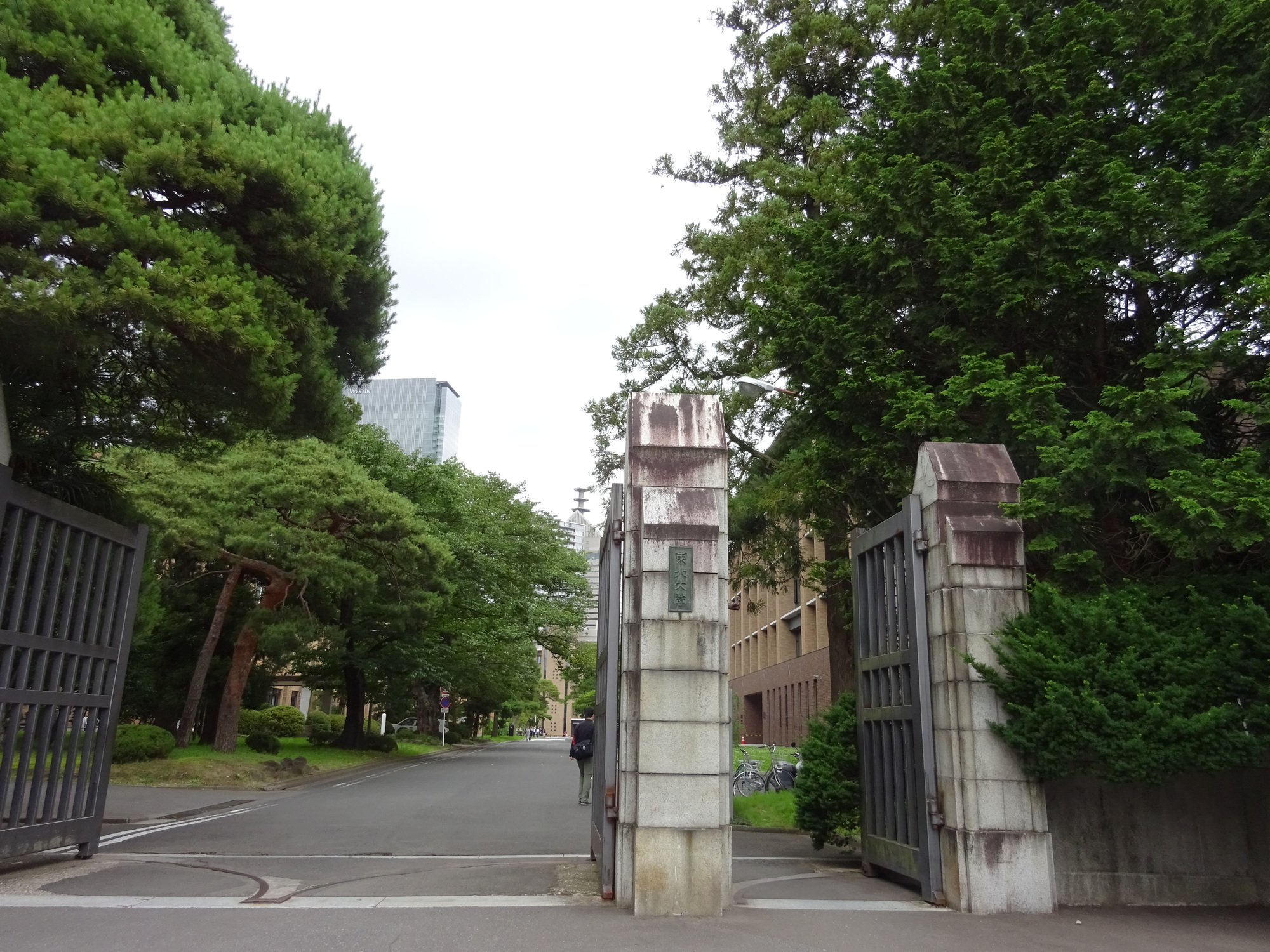As a result of a survey of children in Miyagi prefecture for four years from 2012, the Tohoku University Tohoku Medical Megabank Organization found that children who experienced a tsunami or changes in their homes had symptoms of atopic dermatitis and mental findings *. Although it is high, it has been announced that it is on a downward trend over time.
This "Regional Children's Long-term Health Survey" aims to understand the actual conditions of children's illnesses and symptoms after the Great East Japan Earthquake and provide support. From 2012 to 2015, parents of elementary and junior high school students in 28 municipalities in Miyagi prefecture. It was held for a total of 17,043 people.After the earthquake, it will be the only survey of a large number of children covering most of Miyagi prefecture.
According to the survey, the percentage of children with atopic dermatitis symptoms and mental findings * was higher for children who "experienced" the tsunami and changes in the living environment than for "children who did not" throughout the four years. There was a tendency for the proportion to decrease over time. In the four-year cumulative total, 4 children are suspected of having some difficulty in their daily lives, and 4 children with severe symptoms who have not been treated or diagnosed have bronchial asthma and atopic dermatitis. There were 2,386 people. The aggregated results of this survey conducted for four years will be reported to the boards of education in each municipality and each region for future health administration.
* Mental findings are the psychological scale "SDQ (Strengths and Difficulties Questionnaire)" for examining the state of mental adaptation of children.It consists of five subscales: behavioral problems, emotional problems, hyperactivity, friendship problems, and prosociality, and is standardized in languages around the world.

